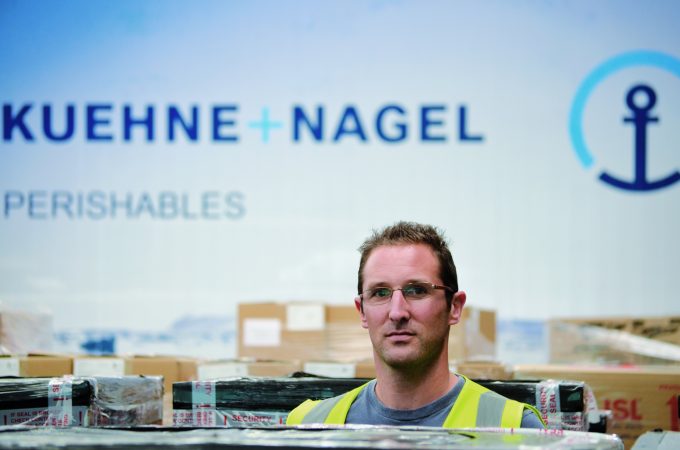The big supply chain disruptor is the regulators, say shippers
Shippers need their supply chain partners to collaborate in order to speed up processes and ...

With the Center of Excellence for Independent Validators in Pharmaceutical Logistics (CEIV Pharma) concept gaining traction in the industry, IATA is looking at the viability of developing similar certification programmes for other commodities.
In light of its recent and projected growth and the need for special processes, the perishables sector is one area under consideration, alongside live animal shipments, according to Glyn Hughes, the airline body’s global head of cargo.
Brendan Harnett, CEO and chairman of forwarder Flying Fresh Air Freight, welcomes ...
USTR fees will lead to 'complete destabilisation' of container shipping alliances
Outlook for container shipping 'more uncertain now than at the onset of Covid'
Flexport lawsuit an 'undifferentiated mass of gibberish', claims Freightmate
Cancelled voyages take the sting out of spot rate declines this week
Shippers warned: don't under-value US exports to avoid tariffs – 'CBP will catch you'
Blanked sailings in response to falling demand 'just a stop-gap solution'

Comment on this article